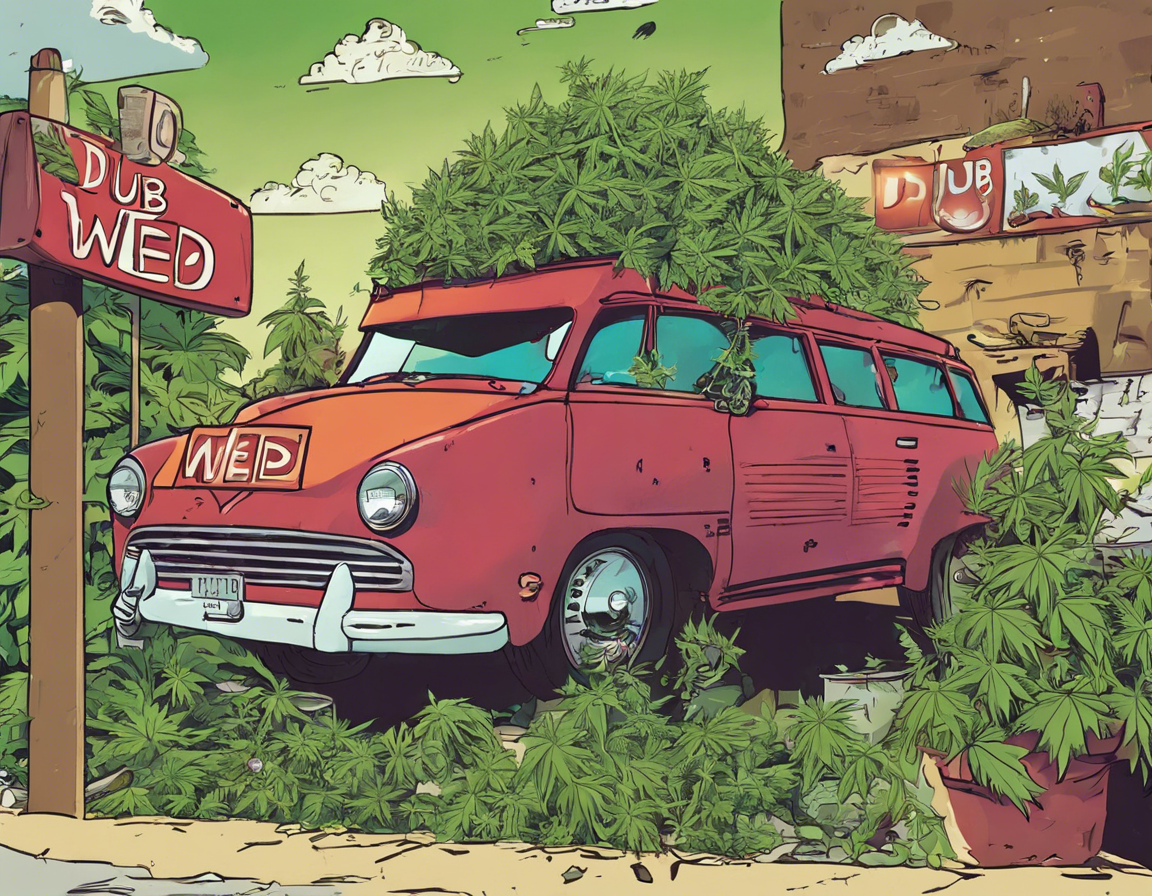In recent years, marijuana has become a prominent element in pop culture, especially within the realm of hip-hop. This plant, with its mind-altering properties, has had a long-standing relationship with music, particularly in genres like reggae and rock. However, its use has arguably never been as normalized and celebrated as it is today, thanks in no small part to the influence of hip-hop artists. With the loosening of laws surrounding the plant and the ongoing push for its legalization around the world, it seems that marijuana has found a new home within the beats and rhymes of hip-hop.
The Historical Connection
The relationship between marijuana and music stretches back decades. From the jazz joints of the 1920s to the psychedelic rock scene of the 1960s, the use of marijuana has been intertwined with artistic expression. It was often used as a tool to enhance creativity, expand consciousness, and foster a sense of community among artists. This historical context is crucial to understanding why marijuana has found such a welcoming space in hip-hop culture.
Influence of Hip-Hop
1. Lyrics and Themes
Hip-hop, as a genre, has always been about authenticity and storytelling. Artists draw from their own experiences and observations to create music that resonates with their audience. For many hip-hop artists, marijuana is a part of their daily lives, and they choose to reflect this in their music. From Snoop Dogg‘s unabashed love for cannabis to Wiz Khalifa‘s anthem “Young, Wild & Free,” many artists have incorporated marijuana into their lyrics and themes.
2. Style and Aesthetics
The visuals associated with hip-hop are often luxurious and stylish, with a focus on extravagance and glamor. In recent years, the aesthetic of marijuana culture has become increasingly intertwined with the fashion and imagery of hip-hop. From designer cannabis products to collaborations between artists and marijuana brands, the two worlds have merged in ways that were previously unimaginable.
3. Lifestyle and Identity
In many ways, the celebration of marijuana in hip-hop culture is a reflection of broader societal shifts regarding the plant. As attitudes towards cannabis have become more relaxed, particularly in the United States and Canada, hip-hop artists have been at the forefront of embracing this shift. For many artists, marijuana is not just a recreational drug but a symbol of resistance, self-expression, and freedom.
The Commercial Aspect
The rise of marijuana in hip-hop culture has not gone unnoticed by businesses. As cannabis laws have relaxed in various jurisdictions, a booming industry has emerged around the plant. From dispensaries to lifestyle brands, the marijuana business is booming, and hip-hop artists are eager to get in on the action.
1. Brand Collaborations
Many artists have partnered with marijuana brands to create their strains, products, and merchandise. These collaborations often provide artists with a new revenue stream and give fans an opportunity to connect with their favorite musicians on a more personal level.
2. Entrepreneurial Ventures
Some artists have taken their marijuana involvement a step further by starting their cannabis businesses. From Jay-Z‘s Monogram to Berner‘s Cookies, these ventures allow artists to not only profit from the marijuana industry but also to shape its direction and culture.
3. Cultural Influence
As artists continue to incorporate marijuana into their music and image, they inevitably shape the perceptions and attitudes of their fans. This cultural influence can have both positive and negative effects, as hip-hop culture has a significant impact on young people around the world. It’s essential for artists to consider their responsibility when it comes to promoting marijuana use.
The Critics and Controversies
Despite its growing acceptance, the relationship between marijuana and hip-hop culture is not without its controversies. Critics argue that the glorification of cannabis in music can perpetuate harmful stereotypes and behaviors, particularly among young people. Additionally, some argue that the marijuana industry is becoming too commercialized, with corporations profiting off a plant that has historically been used as a tool for social and political resistance.
FAQs
1. Why is marijuana so commonly referenced in hip-hop music?
Marijuana has a long history of association with music and creative expression. For hip-hop artists, it can serve as a form of self-expression, a way to relax and unwind, and a means of connecting with their audience.
2. How has the legalization of marijuana impacted hip-hop culture?
The legalization of marijuana has allowed hip-hop artists to openly embrace the plant without fear of legal repercussions. It has also opened up new opportunities for artists to enter the cannabis industry and profit from their association with the plant.
3. Are there any health concerns associated with marijuana use in hip-hop culture?
Like any substance, marijuana can have both positive and negative effects on health. While many artists celebrate its benefits, it’s essential to acknowledge that cannabis use can have adverse effects, particularly when used in excess.
4. How do hip-hop artists influence the perception of marijuana in society?
Hip-hop artists have significant cultural influence, particularly among young people. When artists openly embrace marijuana in their music and image, they can shape societal attitudes towards the plant, impacting perceptions of cannabis use.
5. What is the future of marijuana in hip-hop culture?
As attitudes towards marijuana continue to evolve, it’s likely that the plant will remain a prominent feature of hip-hop culture. Artists will continue to incorporate cannabis into their music, fashion, and business ventures, shaping the future of both industries.
In conclusion, the relationship between marijuana and hip-hop culture is complex and multifaceted. While the plant has long been associated with music and creativity, its current prominence within hip-hop reflects broader societal shifts towards cannabis acceptance and legalization. As artists continue to celebrate marijuana in their music and entrepreneurial ventures, it’s essential to consider the impact of this relationship on fans, industry practices, and broader cultural attitudes towards the plant.
